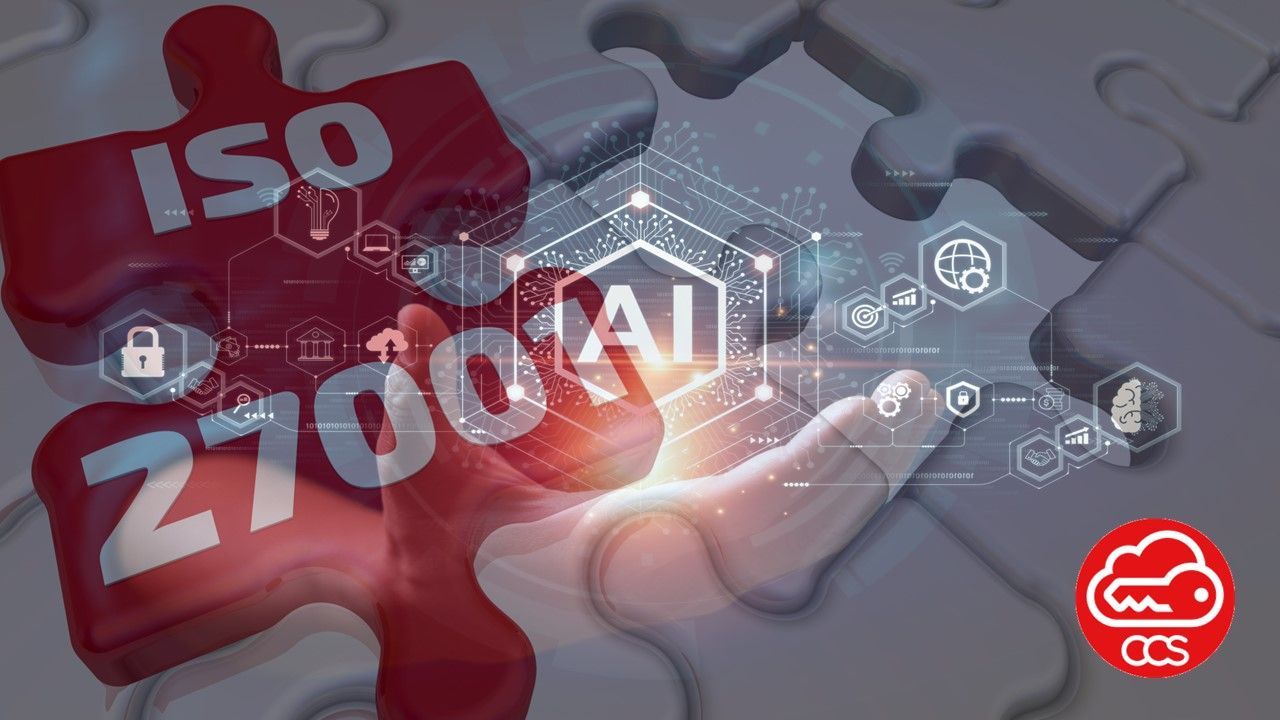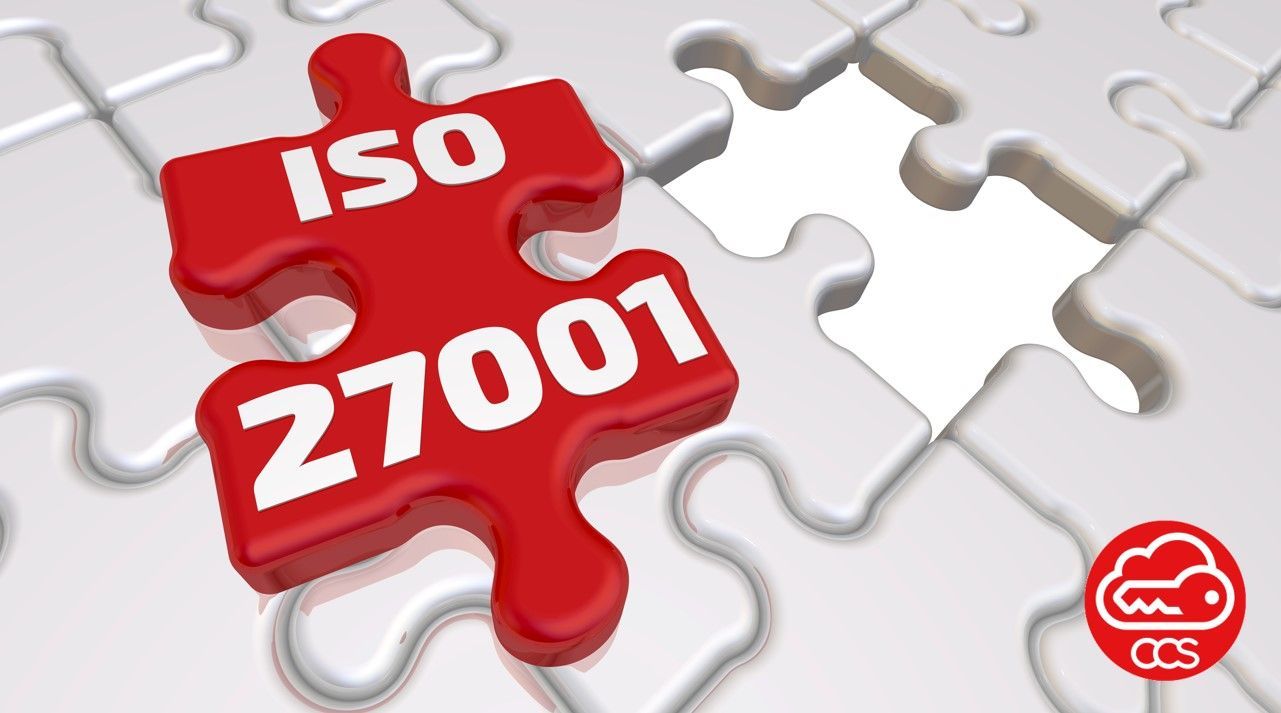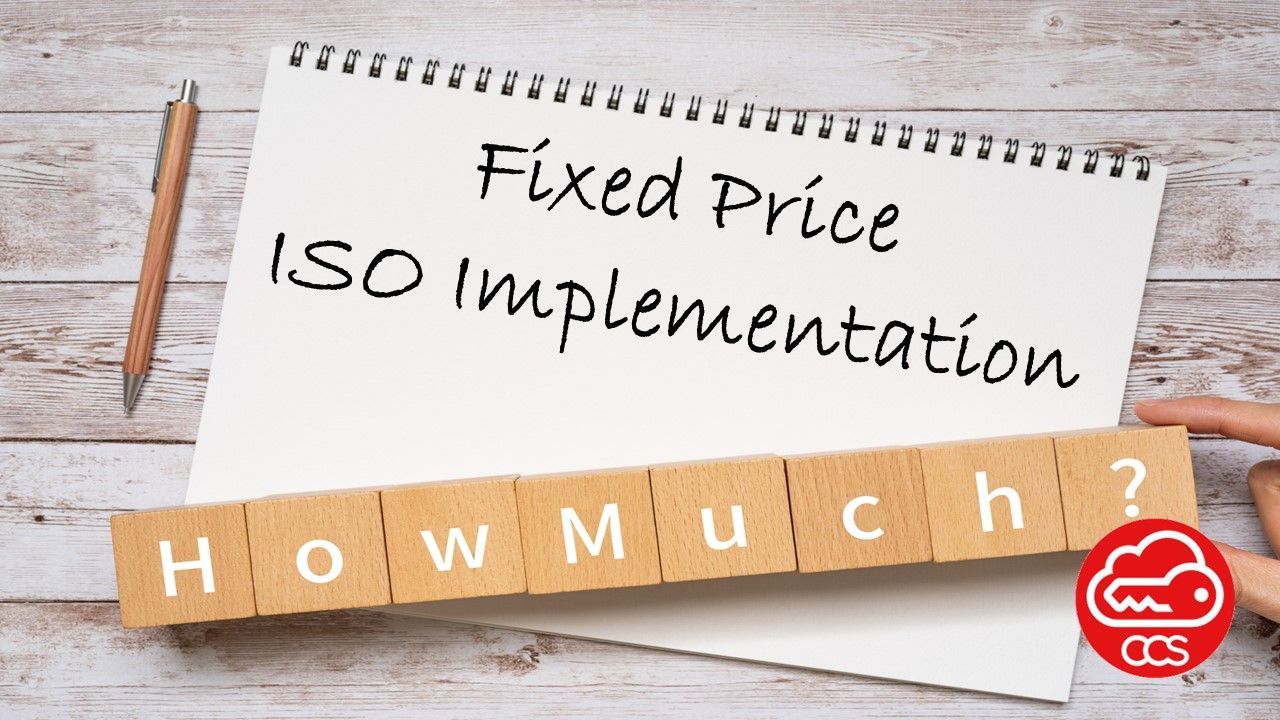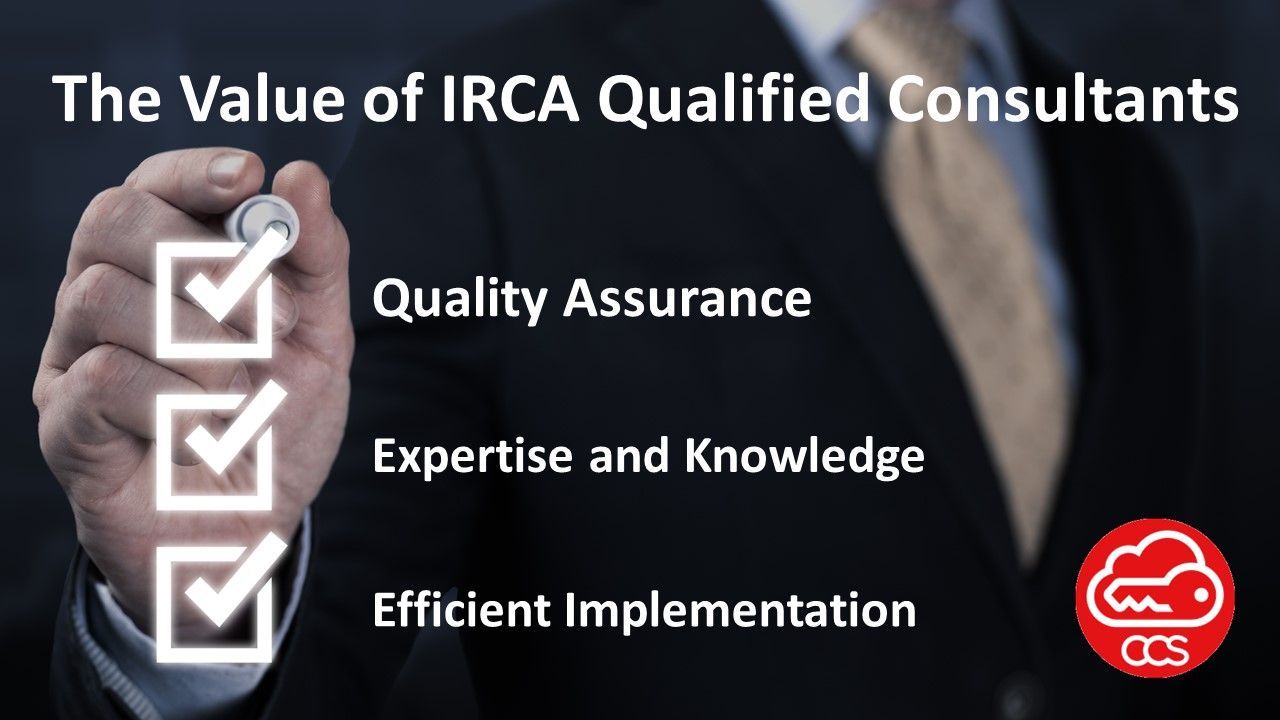Is AI Ready to Take Over ISO 27001 Management System Production?
The use of artificial intelligence (AI) is becoming increasingly prevalent. AI's potential to streamline operations, reduce costs, and improve efficiency is well-documented. One area where businesses are considering AI is in the development of ISO 27001 management system processes.
However, the question remains: can AI truly replace the expertise of an
IRCA-qualified consultant for ISO 27001 management system production?
Advantages of Using AI for ISO 27001
AI offers several advantages that make it an attractive option for developing ISO 27001 management system processes.
Cost-Effectiveness
- AI solutions can be significantly more affordable than hiring a consultant. This cost efficiency can be particularly appealing for small and medium-sized enterprises (SMEs) with limited budgets.
Speed
- AI can draft documents quickly, which can expedite the initial phase of ISO 27001 implementation. This speed can be beneficial for businesses needing rapid turnaround times.
Consistency
- AI tools are excellent at ensuring documents are consistently formatted and adhere to specified guidelines. This uniformity can help in maintaining a standard structure across all documents.
Disadvantages of Using AI for ISO 27001
Despite its benefits, AI also has notable limitations when it comes to developing ISO 27001 management systems.
Lack of Expertise
- AI lacks the depth of understanding that comes from years of experience. An IRCA-qualified consultant has a nuanced grasp of industry-specific requirements and regulatory intricacies that AI currently cannot match.
Need for Customization
- Every business is unique, and AI-generated documents might require substantial customization to fit the specific needs and context of an organization. This customization is often best handled by a human expert.
Risk of Oversight
- AI might miss subtle yet critical details, leading to compliance issues. Human consultants are better equipped to identify and address these intricacies, ensuring thorough and comprehensive compliance.
Key Components of ISO 27001 Where Expertise Matters
Several critical components of ISO 27001 benefit significantly from human expertise.
Gap Analysis
- A gap analysis involves identifying the differences between the current state of the organization’s information security management and the requirements of ISO 27001. An IRCA-qualified consultant can provide a thorough and nuanced analysis, highlighting specific areas needing improvement that AI might overlook.
Statement of Applicability (SoA)
- The SoA is a crucial document that outlines the controls chosen to mitigate identified risks and justifies their inclusion or exclusion. A consultant can ensure this document is comprehensive and accurately reflects the organization's security posture, whereas AI might produce a generic version that lacks depth and specificity.
Skill Transfer
- Consultants provide valuable skill transfer to the organization’s staff, ensuring they understand the ISO 27001 requirements and can maintain compliance. This knowledge transfer is essential for long-term success and sustainability, something AI cannot effectively provide.
Quality Assurance and Verification
- Having an expert who can check and verify the work is critical. Consultants can review and refine AI-generated documents, ensuring they meet all compliance requirements and are tailored to the organization’s specific needs.
Advantages of Using an IRCA Qualified Consultant
An IRCA-qualified consultant brings a host of benefits to the table, which are crucial for the successful implementation of ISO 27001 management systems.
Expertise and Experience
- Consultants possess extensive knowledge and experience, ensuring that all necessary requirements are met accurately. Their expertise allows them to tailor processes to the unique environment and risks of the business.
Customization and Context
- Consultants can customize the ISO 27001 processes to the specific context of the business. This personalization is critical for addressing the unique challenges and risks faced by the organization.
Continuous Support
- Consultants often provide ongoing support and training, which is vital for maintaining compliance and continuously improving the management system.
Effective Risk Management
- Consultants' expertise in risk management helps identify and mitigate potential risks that AI might overlook, ensuring a more robust and secure management system.
Disadvantages of Using a Consultant
Despite their benefits, consultants also have some drawbacks.
Cost
- Hiring a qualified consultant has a cost associated, potentially limiting their accessibility for some businesses.
Time
- The thorough and customized approach of consultants might take more time, which could delay the implementation process.
While AI can be a cost-effective and speedy tool for drafting initial documents, its lack of deep expertise, need for significant customization, and potential for missing critical details make it less suitable for the comprehensive development of ISO 27001 management systems. For businesses with straightforward needs and limited budgets, AI might serve as a preliminary tool, but for those in highly regulated industries or with complex requirements, investing in an IRCA-qualified consultant is the prudent choice to ensure robust compliance and effective risk management.





